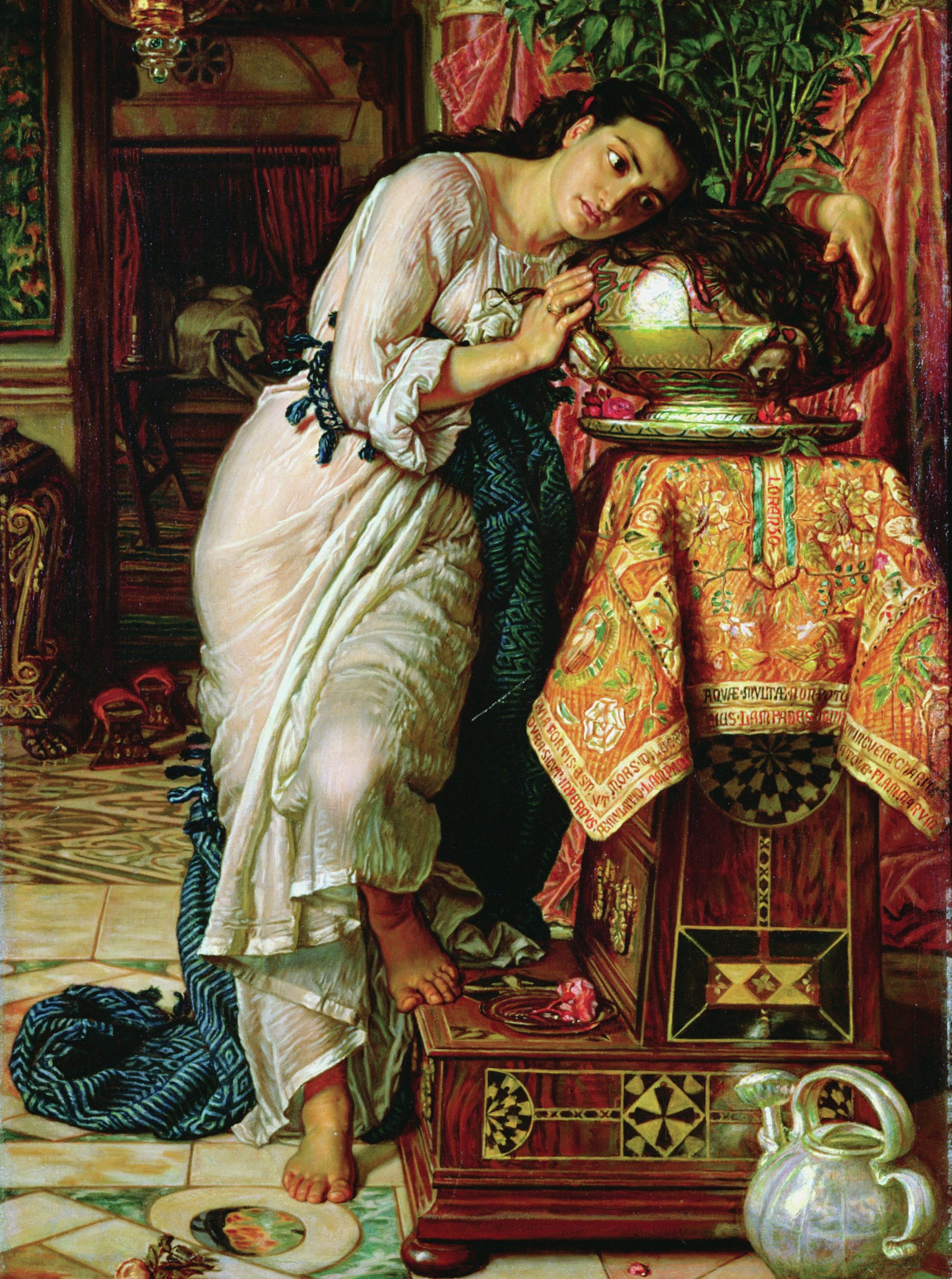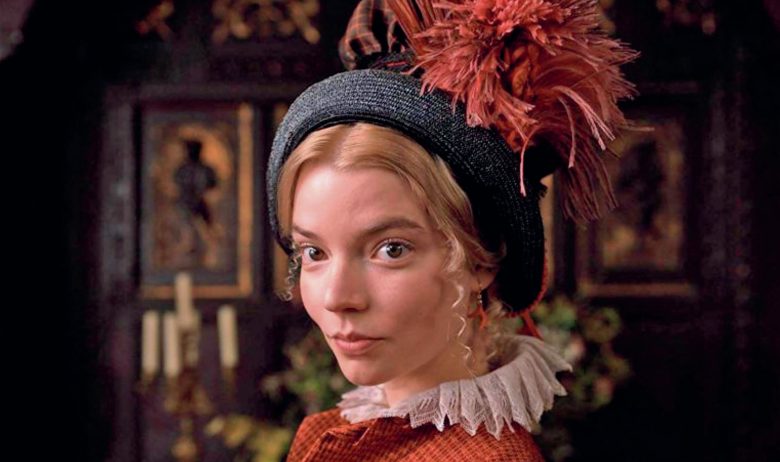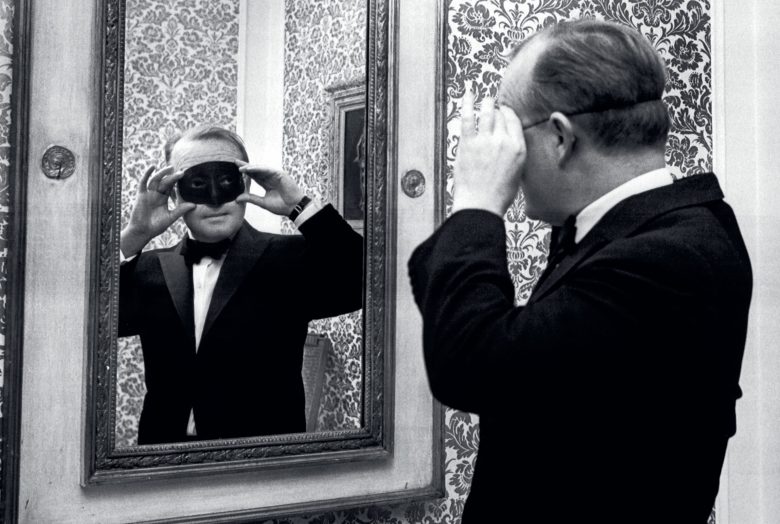
In September 1819, Keats was anxiously preparing ‘Lamia’, ‘Isabella; or, The Pot of Basil’, ‘La Belle Dame sans Merci’ and ‘The Eve of St. Agnes’ for the press, revising the poems with Richard Woodhouse, a close friend and lawyer with literary interests. Woodhouse was delighted with ‘Lamia’, but the sexual stanzas in ‘The Eve of St. Agnes’ prompted fierce disagreement. Woodhouse wrote to publisher John Taylor stating that although there are no ‘improper expressions’ and that all is left to ‘inference’, the meaning of the stanzas in question ‘render[s] the poem unfit for ladies’.
Most intriguing of all, however, is his account of how Keats had defended the stanzas — which, to Woodhouse’s dismay, he had revised to make the sexual consummation more explicit — on the basis that ‘he does not want ladies to read his poetry; that he writes for men’. Woodhouse dismissed such sentiments as ‘Keats-like rhodomontade’ (piece of bravado, or extravagant boast), but the claim that Keats did not intend women to read his poems raises questions about how we ought to think about his poetry, and more particularly, how we ought to interpret his representations of women.
Your organisation does not have access to this article.
Sign up today to give your students the edge they need to achieve their best grades with subject expertise
Subscribe




